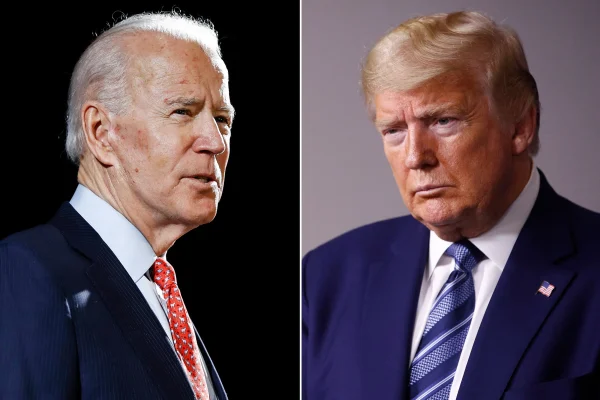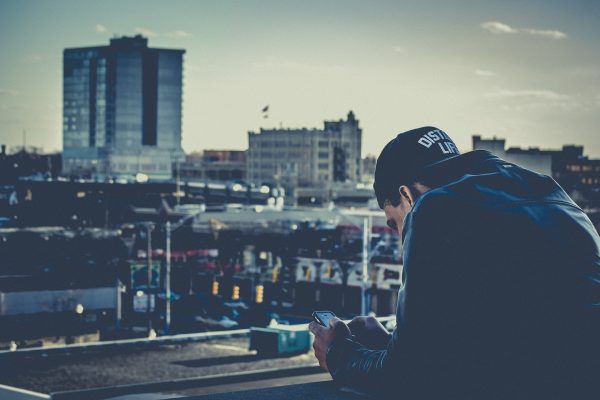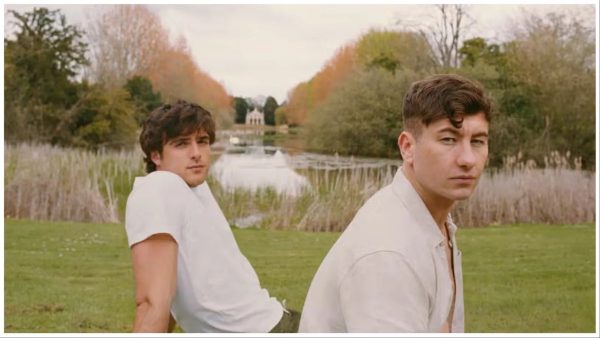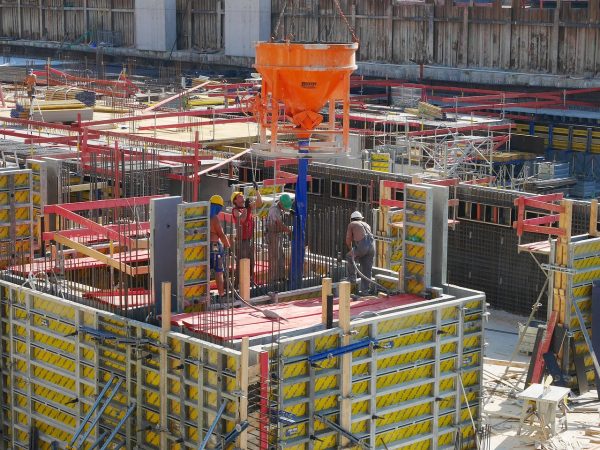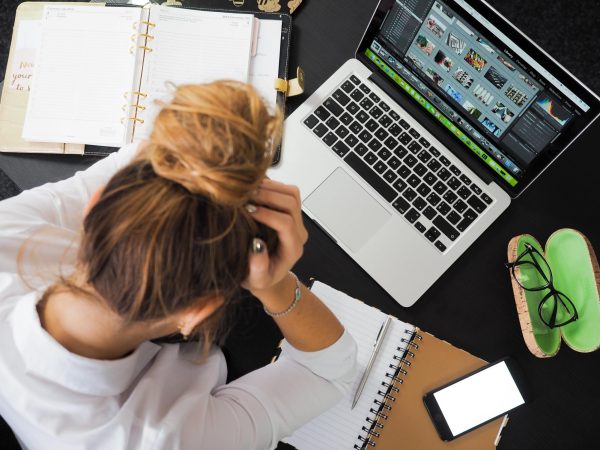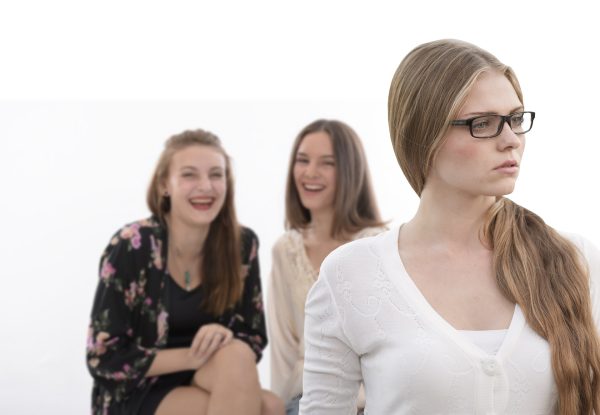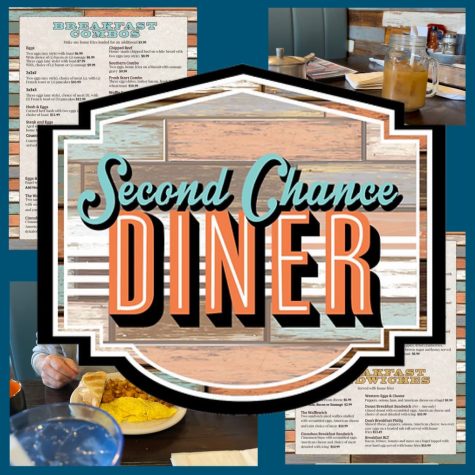Internet Censorship Part 2: Electric Boogaloo

February 27, 2018
It began with ‘unblockedgames.com’ then ‘unblockedgames66.com’ and most recently we all lost our beloved ‘coolmathgames.com’ that has brought joy and relaxation to so many students in our school, ourselves included. It was ripped away from us like so many websites and games before it.
If you want more information about how and why web pages are blocked, Ben Germinara of the Johnny Green did an investigative piece into the school’s blocker and even asked the school’s administration about it. Check out the link below if you’re interested.
Ben’s Article: https://whsjohnnygreen.org/news/2017/11/28/weedsports-web-filters/
Everyone understands that the web censor is necessary to prevent kids from viewing inappropriate material when they should be learning and engaging in their education. But sadly the web filtering may have gone too far as we see many websites being removed for what seems to be political reasons. A list of websites that the school web blocking has banned includes; Huffington Post, Buzzfeed, Facebook, Youtube, Twitter, etc. and countless more websites that don’t hinder a child’s education even though it’s laughably easy to evade and get around these blocks. It’s simply a mess that causes outrage from the students and frustration from the teachers who themselves sometimes cannot seem to get around the blocks; even interfering at times with their teaching ability. What’s the point of even having all these different devices to access the internet if it’s so heavily restricted that you’re not able to use it to its full functionality?
We understand regulating elementary and middle school students, but high schoolers know how to distinguish between what is reliable and what isn’t. If a student chooses to use one of the many wiki pages, and the information is wrong, they run the risk of using an unreliable source and their grade should be impacted, not the website or the entire user basis. If we as a society are so saturated in media and knowledge that is ingrained in an internet connection, to have that restricted is a backward step.
We asked a few students and staff what their thoughts of the school censor is, some of the students chose to remain anonymous. One of the students said, “It affects their learning.” The student continued with, “Every time I search something for my assignments it’s always blocked and is super annoying.” Another anonymous student stated, “Wikipedia is not always reliable, but it can contain very useful information. Students are smart enough to distinguish what’s fake and what’s genuine.”
Mrs. Austin said that it serves the purpose of limiting the 7th graders, but in doing so limits the 12th graders too much. It doesn’t seem hard to create a privilege-based system where the student account unlocks more freedoms on the internet as they go through the grades in high school, and based on their reputation. If we could find a good balance between limiting the middle school and promoting a healthy research environment for the seniors, we would have a more acceptable program.
